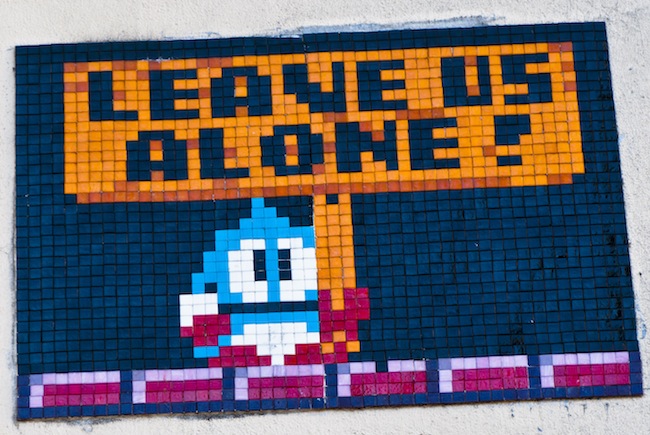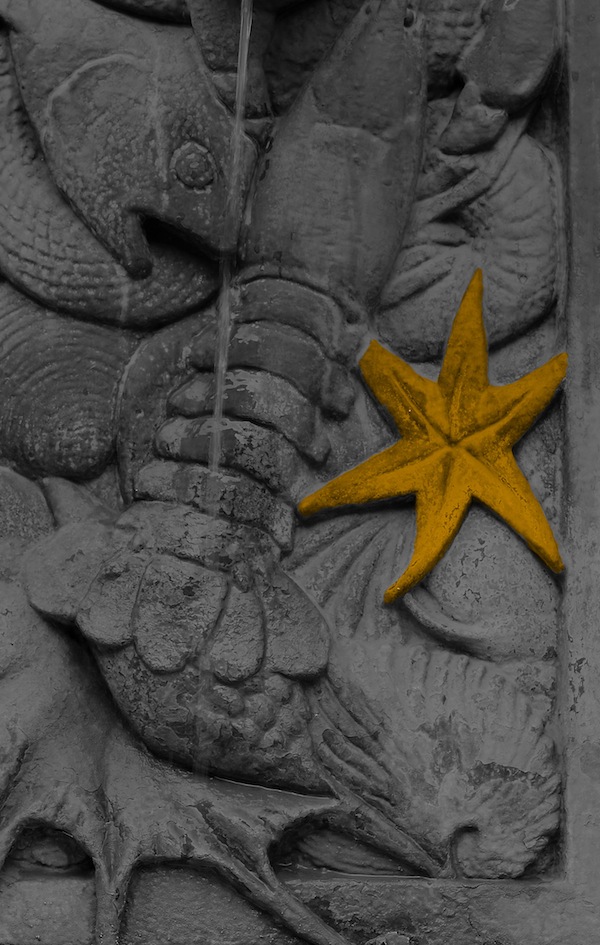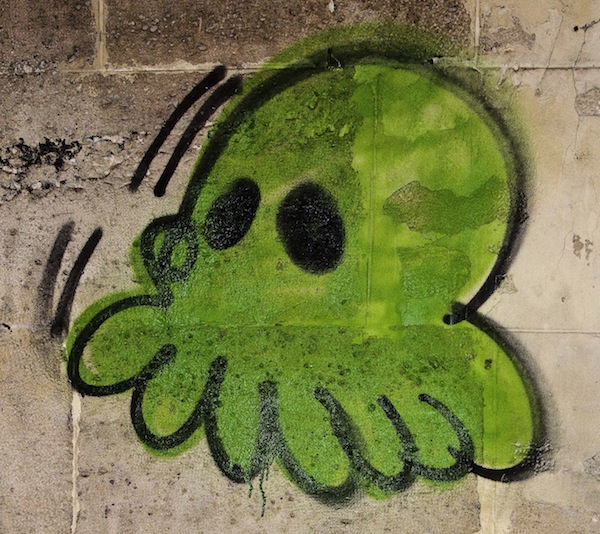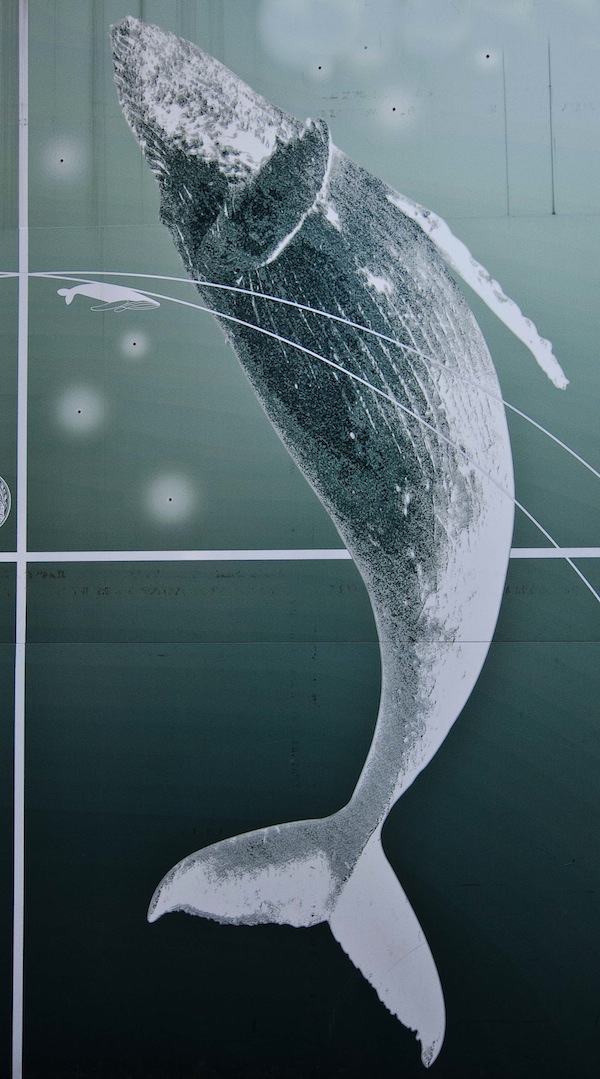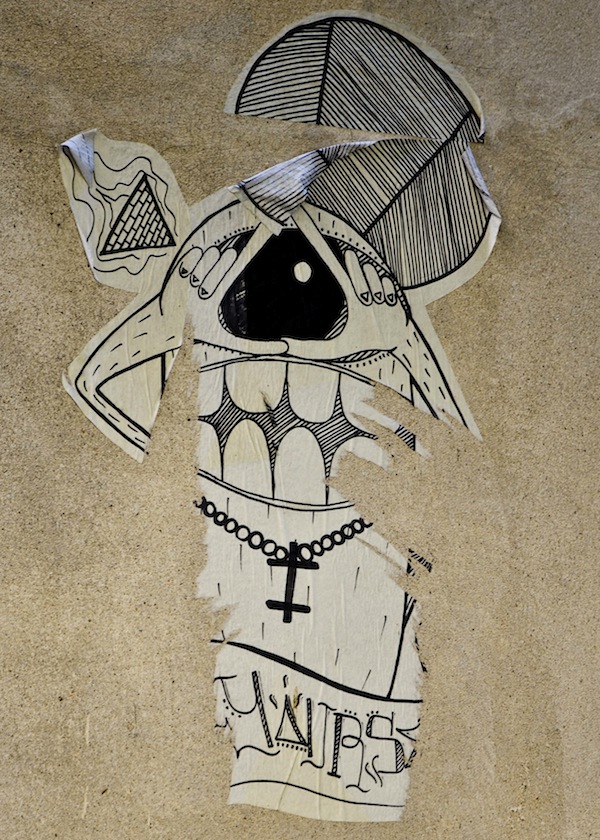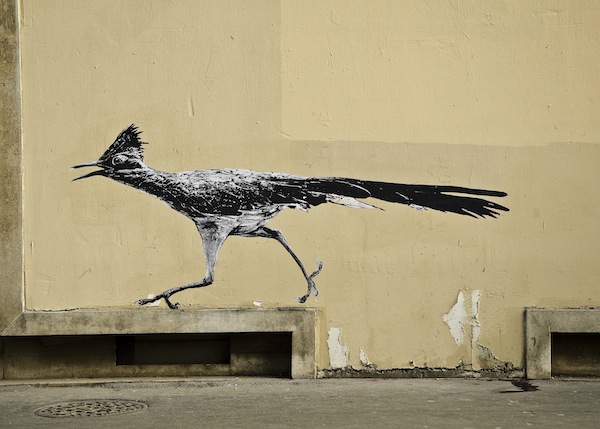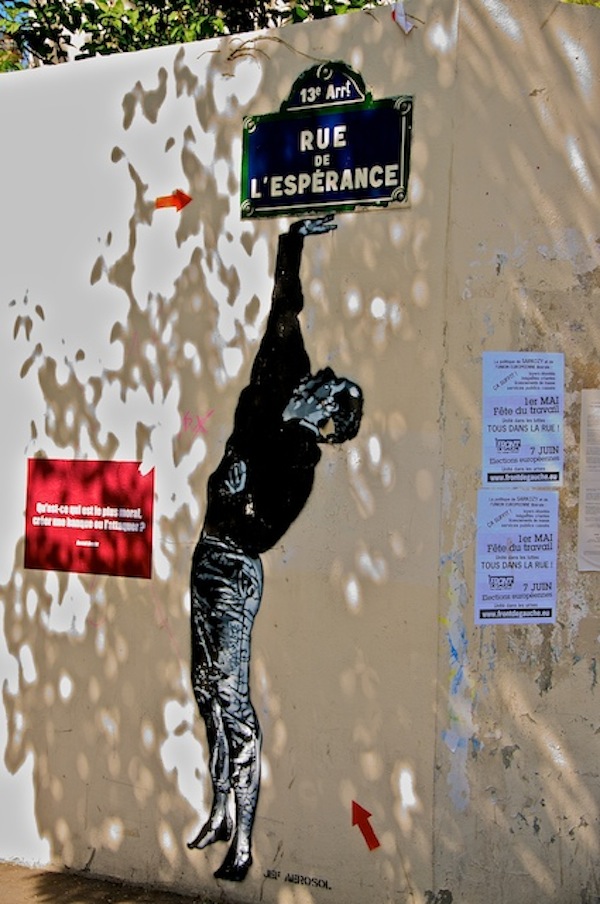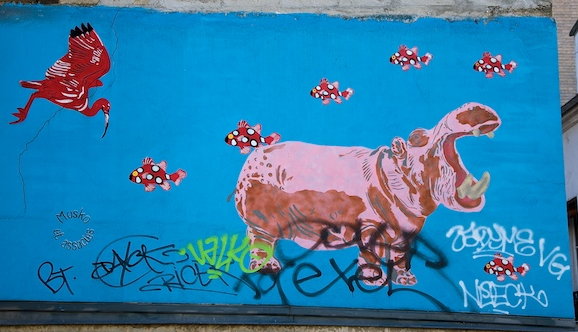Trouble in Paradise
 01.28.2012
01.28.2012 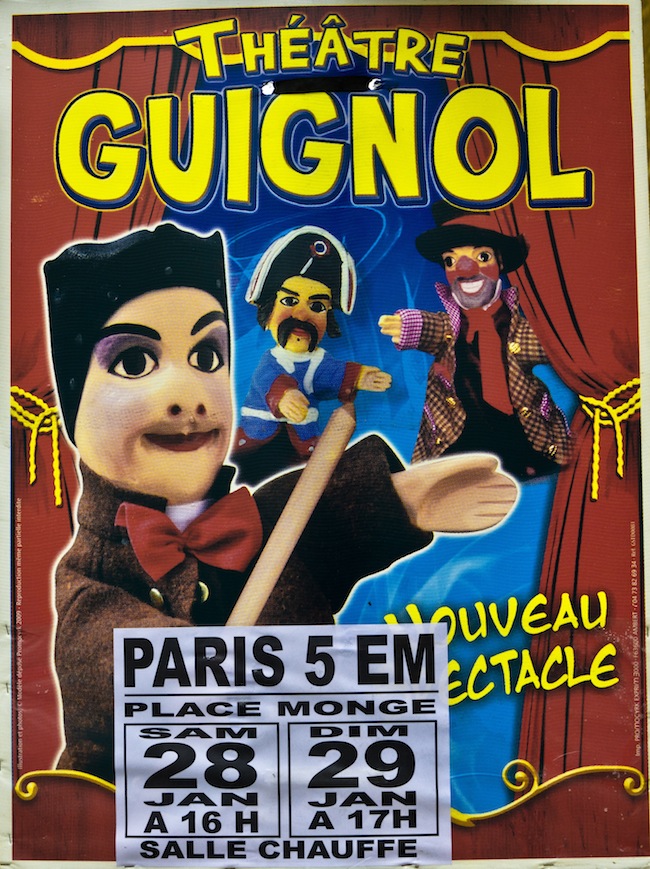
What’s a paradise without a little trouble?
Just as Paris seems to be our kind of heaven, so the trouble we've been experiencing over the last year seems to be our idea of hell, we who value silence so highly.
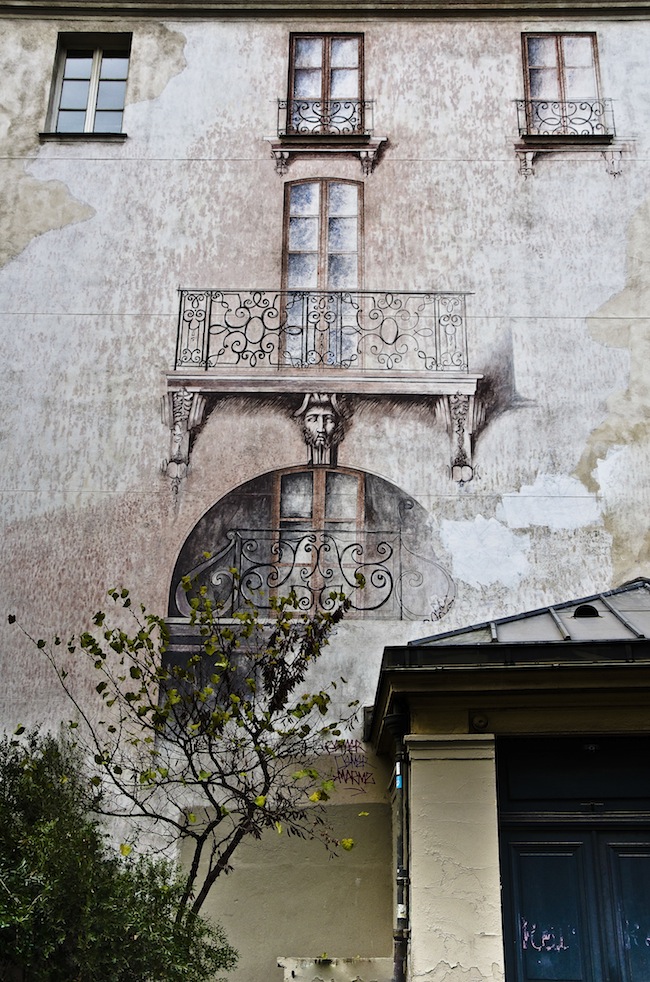
These nineteenth century buildings are gorgeous, but sometimes living in one feels like being inside a drum. Music next door? You hear it. Laughing? That too. All of which is fine, the sounds of life around you.
But what if you have a neighbor who likes to make noise early in the morning or past midnight, just to wake you, just for the hell of it? Sudden, sharp noise, like shoes being thrown against the wall. And who must listen to her radio at full volume, disturbing us and her neighbors upstairs.

You have to take measures.
And we did: wrote her courteous letters. Brought her flowers. Wrote the owners of the apartment. Spoke to the gardienne. Spoke with our neighbor in the street.
Why she was so noisy?, we asked.
Because she felt like it, she said. And then came a litany of resentment, against Americans, against artists, against the owner of her apartment, and other vague resentments.
Resentment. I thought of Friedrich Nietzsche’s words about Buddhism, that “there is nothing to which [the Buddha's] doctrine is more opposed than the feeling of revenge, antipathy, ressentiment (“it is not by enmity that enmity is ended”—that is the stirring refrain of all Buddhism).”
We wrestled with how to handle this.
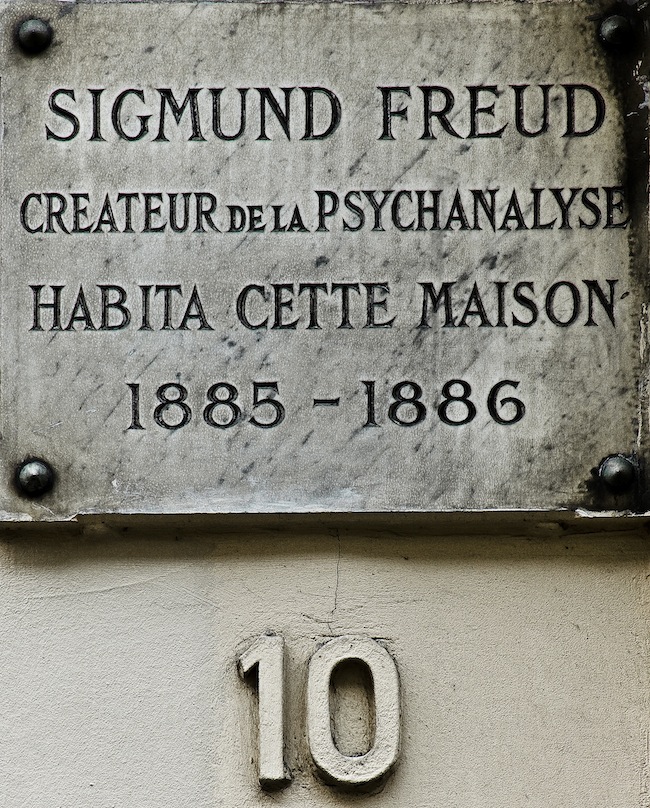
We spoke with friends, French and American. We talked to a lawyer, a doctor, a property manager, and others.
The advice was varied:
Get very tough, don't let them walk on you; that posture is all the French understand.
Women said, She needs some flowers.
Men said, She needs a good ----.
French people of all genders said, She’s crazy (déséquilibré, as the French so delicately put it).
She’s miserable, lonely.
She’s both.
Quelle bêtise!, said a French woman about the anti-American, anti-artist bias. What nonsense.
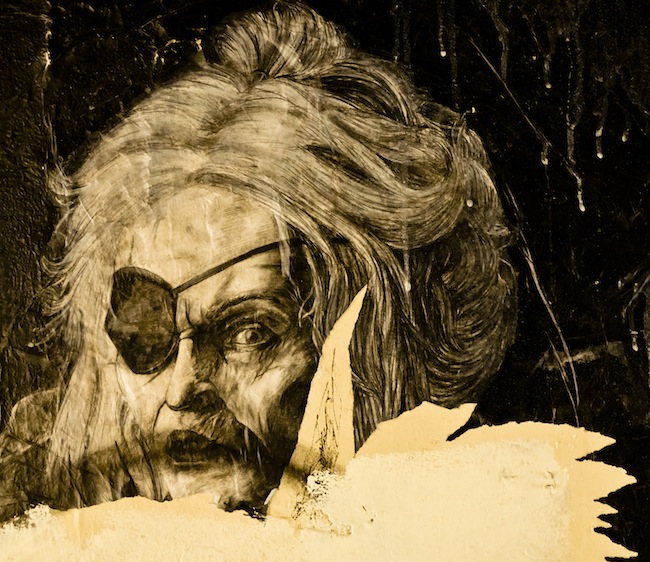
Monster-Baby-Tyrant is what we call this kind of behavior.
If you’re miserable, one way to handle it is to take it out on others. Scapegoating, it’s called.
If you want peace and compassion from others, you have to give it, we decided. Maybe over time this would have an effect. Maybe by setting an example of consideration towards her, she would follow suit.
We vowed we wouldn’t descend to her level and play our music or TV loud. We bought earphones, and watch our French films and news programs (one of the ways we study the language) without making noise to bother our neighbors.
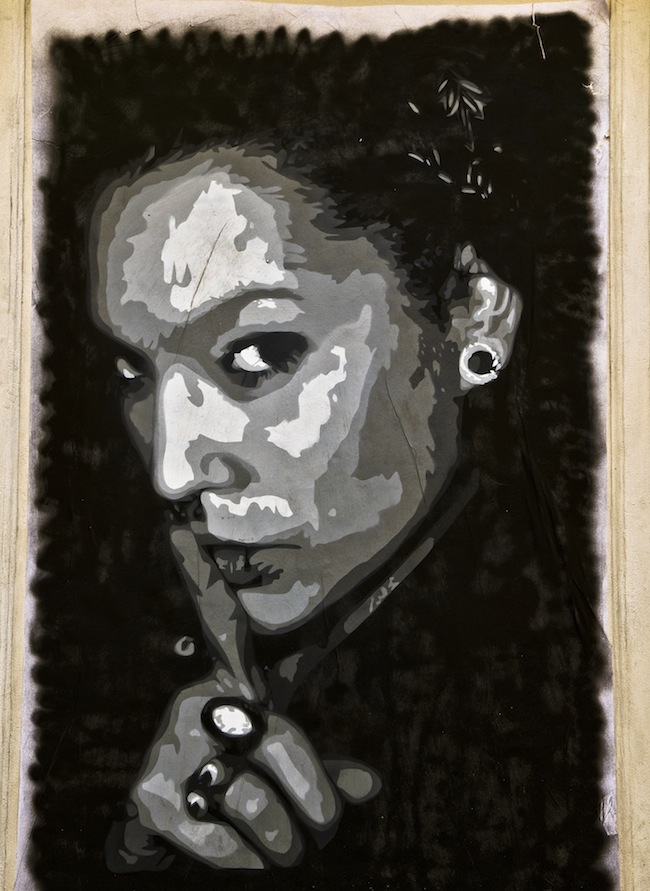
We bought a fan, to create white noise between our bed and the wall adjoining our two apartments.
That inspired the first communication initiated by her, after six months of none. She left a note outside our door. There was a sound, she said, that disturbed her sleep. Perhaps we had heard it too?
Yes, we replied. We needed a way to block out your noise in the morning (and sometimes during the day and night too).
She handled this as any mature human being would and hired a lawyer. A lawyer? No dialogue at all? Why not just offer to be quieter, and come to some agreement with us so that we all could sleep peacefully, without the need for a fan?

We replied with a letter (through our lawyer) that described our mutual history, including the soundproofing we’d put in on our side, at the request of the owners of the apartment. If that didn’t work, they had promised, they’d soundproof their side, too.
We had asked our excellent contractor about his experience soundproofing Paris apartments. He’d done it, he said, but hadn’t found a really good method yet. He’d heard that there were better methods in the U.S.
We spent months researching American soundproofing. It didn’t seem like such a big challenge to me, since my father was a contractor, and so is my brother. Easy enough.
The material was shipped to France while we were still in the U.S. Our contractor did a beautiful job of lifting it by crane through a fifth floor window, installing it, and finishing off the walls so that the beauty of the crown molding stayed intact. All for a reasonable price.
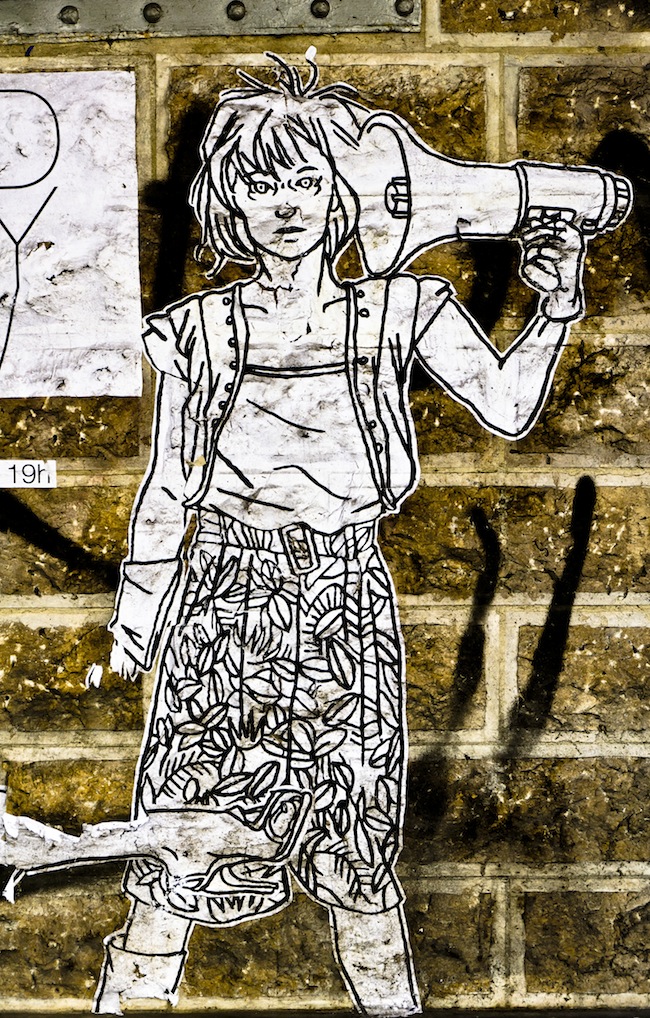
It didn’t work. It helped. It would have worked if our neighbor were making a reasonable amount of noise.
But she wasn't. From the day we moved here one year ago (and even before that, we’d heard from previous occupants), she had begun her campaign of banging on the wall to express some chronic misery in her soul.
And then the owners of the apartment decided they didn’t want to spend the money, or risk losing the beautiful ceiling line by soundproofing on their side, or—who knows, maybe they knew it would do no good with a tenant on a rampage.
They also decided they no longer wanted her as a tenant, and asked her to leave.
But she hired a lawyer, and has stayed. French law is heavily on the side of the tenant; it is almost impossible to evict one.

After a while, we protected our sleep with not just a fan, but sleeping pills as well.
Several months later, I read an article about the harm that these pharmaceuticals do. We decided to kick them together, to get “moraline-free,” a word that Nietzsche coined. “… not virtue but fitness (Renaissance virtue, virtú, virtue that is moraline-free).” His ideal, ours too, is to live a healthy life.
To make it easier, I rented a studio for a few weeks where I could catch three birds—fish with one net:
Go down into depth and find my fiction voice again.
Get off the sleeping pill.
And give Richard the solitude to do the same.
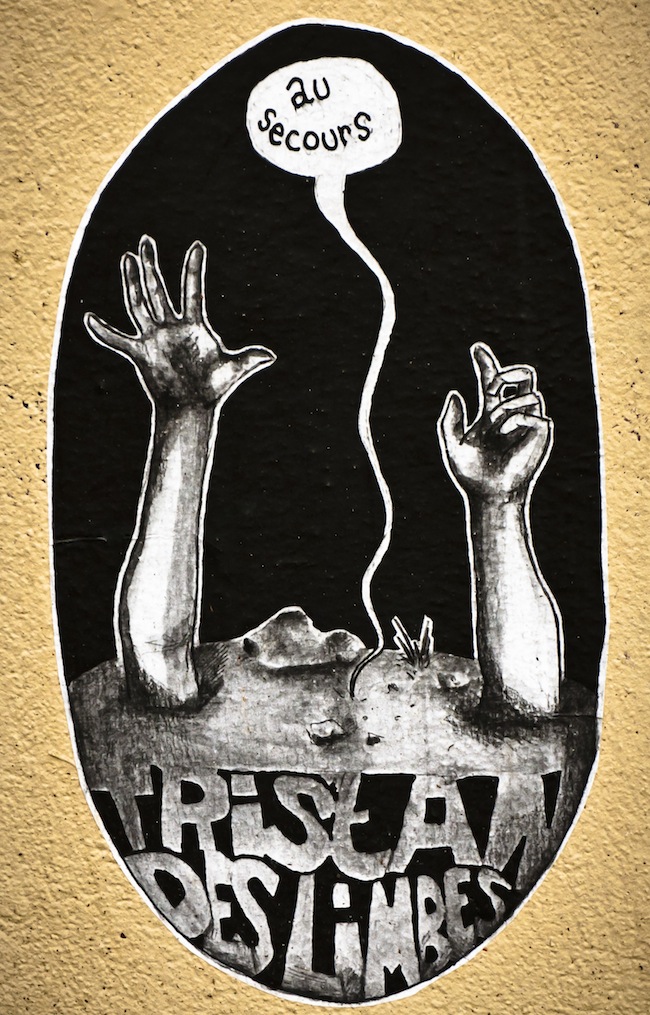
It worked! We are both “moraline-free.” We both were able to shift gears and go into deeper artistic focus.
Now that the studio rental is over, and I’m back home, how will this drama unfold? Stay tuned.
